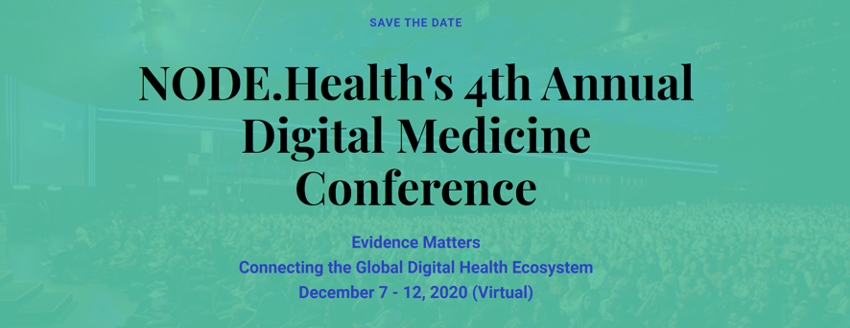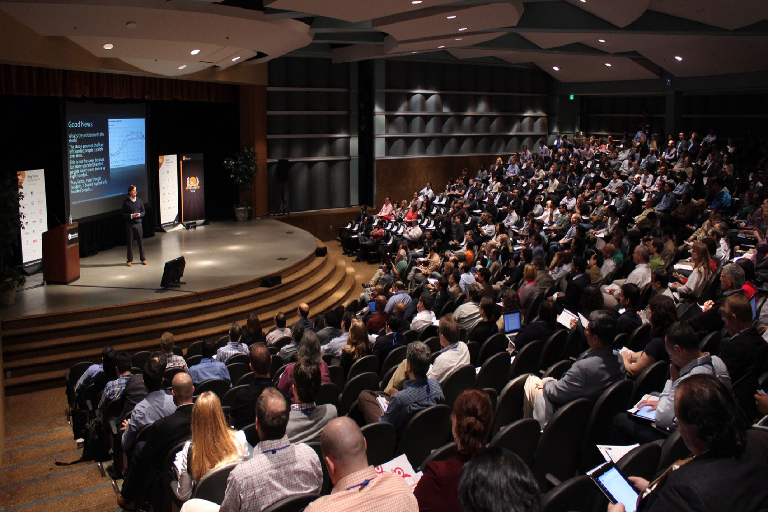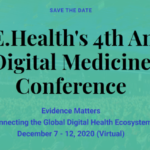The interview with Yusuf Tamer sheds light on the establishment of a comprehensive early sepsis prediction and response system in a large safety-net hospital, highlighting the pivotal role played by artificial intelligence (AI) and Fast Healthcare Interoperability Resources (FHIR) in advancing patient outcomes.
The following are the main insights gleaned from our conversation:
Emphasizing Timeliness and Explainability: Tamer underscores the critical significance of promptly identifying sepsis, underscoring how early detection significantly enhances patient prognosis. Furthermore, he stresses the necessity for AI systems to offer transparency and clear explanations for their predictions, thereby fostering trust and ensuring accountability within the healthcare realm.
Advocating Transparent Machine Learning Models: Tamer accentuates the importance of steering away from perceiving machine learning models as opaque “black boxes.” Instead, he advocates for the development of models that provide transparent explanations for their predictions. Such an approach not only instills trust among healthcare providers but also facilitates their adoption in clinical practice.
Recognizing the Value of Visualization: Tamer discusses the efficacy of visual aids in simplifying the interpretation of complex data generated by machine learning models. Visual representations, such as graphical depictions illustrating changes in patient vital signs over time, serve to assist healthcare providers in comprehending model predictions and making informed decisions.
Highlighting the Importance of Continuous Feedback: Tamer underscores the significance of integrating feedback from healthcare providers into the ongoing refinement and development of AI systems. This collaborative approach ensures that AI solutions align with the requirements of end-users, mitigate alert fatigue, and continually enhance patient care.
In summary, Tamer’s session at HIMSS24 will delve into the utilization of AI and FHIR to bolster sepsis prediction and response capabilities, with a specific focus on transparency, visualization, and the integration of user feedback in AI advancement. These insights hold immense importance for health IT leaders as they endeavor to implement impactful AI solutions in healthcare environments.






























